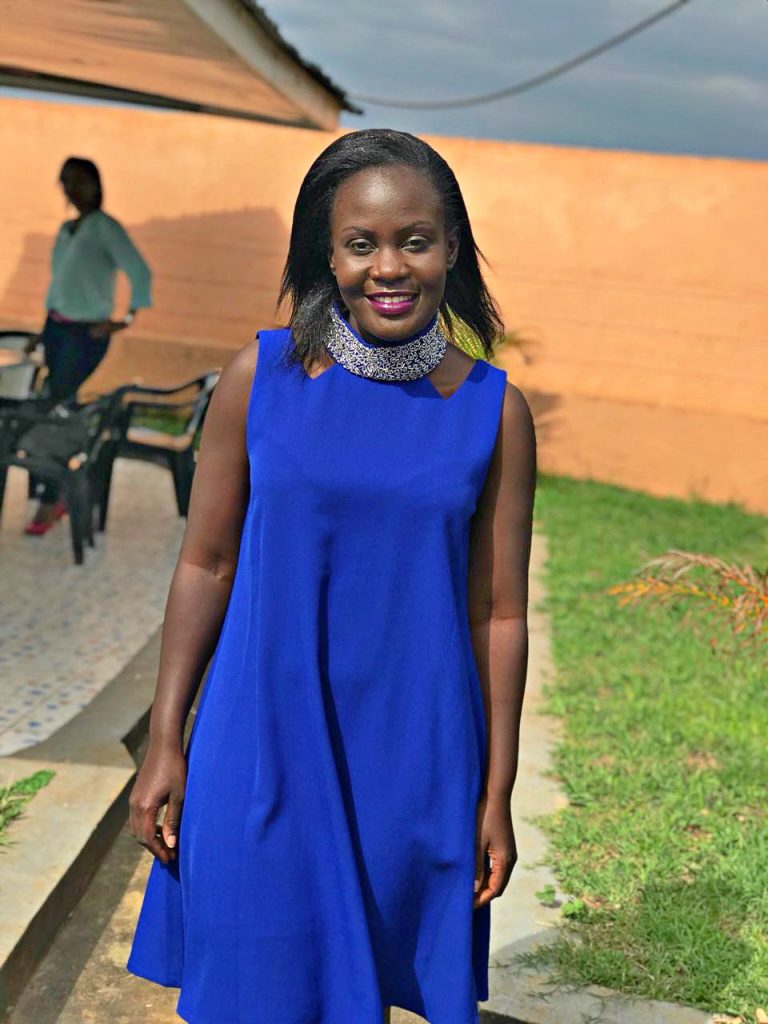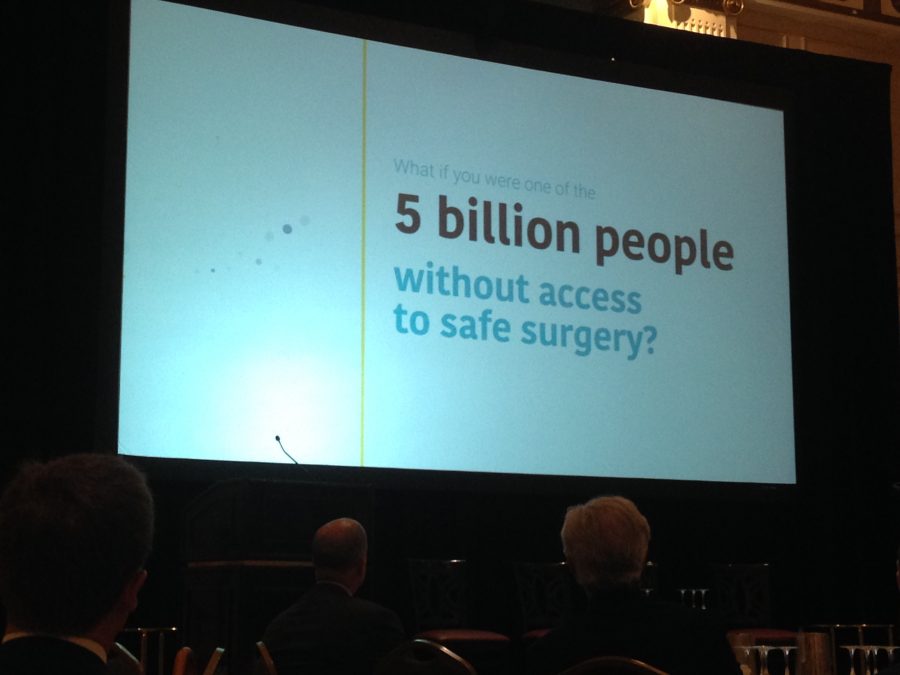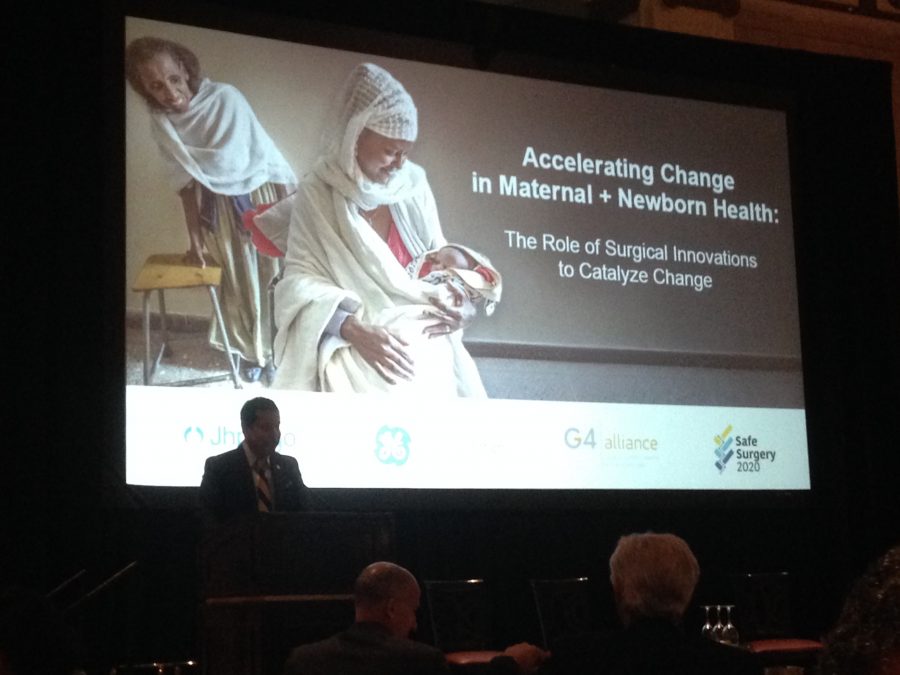Maternal health: a Kenyan journalist’s perspective
 Namukabo Werungah is a health and science reporter from Nairobi with a passion for maternal health.
Namukabo Werungah is a health and science reporter from Nairobi with a passion for maternal health.
We spoke to her at the recent General Assembly of the United Nations (UNGA), following a side event hosted by Jhpiego, GE Foundation, Safe Surgery 2020 and the G4 Alliance.
Featuring our global CEO Kris Torgeson, the panel addressed the complexity head on – “Accelerating progress in maternal and newborn health: the role of surgical innovations to catalyze change”.
There are so many side events at the UNGA, on a wide range of health issues desperate for media attention. Why did you come to this one?
As a journalist reporting on health and environmental science, I’ve traveled all over Kenya. I came here because I’m very passionate about maternal health, about bringing life into this world. And I really believe that no mother should die while giving birth.
It’s something that I write about, I talk about, I tell stories about everyday. You have communities in some parts of the country where they follow the ancient ways, how their mothers used to deliver. And I have witnessed women dying, mostly because they didn’t go to hospital.
I want to help make people understand that it’s safe to deliver in a hospital. I work to create awareness and highlight the challenges that communities – especially rural communities – face in accessing healthcare.
What are some of the challenges people face in accessing safe surgery?
Culture is certainly a challenge: changing mindsets about the availability and the safety of facilities for childbirth.
Also, safety itself. When it comes to public care, the services you get in public hospitals are not the same as in private. I’ve covered a lot of stories of doctors’ negligence – it scares people. They know some have died because of negligence. So safety for me is all about professionalism and trust. And people doing something because it is their passion, not only for the money.
What were the biggest messages for you to come out of this meeting?
Financing. For me that was major, because I’m from a country where you can’t just wake up in the morning and go to hospital. There are a lot of challenges, and most of them are about financing. The government has to pay people well, so it’s not just those who can access private facilities who are ok. The facilities may be there, but they’re not distributed as evenly as they should be.
Kenya is still a poor country. Some of those communities find it very hard to access healthcare services. They may be there, yes, but how do you get there without roads, vehicles, with a language barrier?
Also, awareness. Communities need to be aware that no one needs to die giving life. These are some of the key points that came out for me today – and which I’ve come face-to-face with on a daily basis.
How can we help to build awareness about the importance of surgery and hospital care for safe childbirth?
In my opinion, it’s about bringing the services directly to the communities. It doesn’t have to be something that happens in the capital, where they have to go all the way to access healthcare.
It has to be something that they can connect with. Local people as support staff, nursing. Because how can you connect with something that you don’t even know where or what it is?
What can NGOs and the international community do to support this?
The role of the NGO first of all is to be sensitive to the community – and in one way or another try to empower them. Working together to bring the services down to the local people, working with local government – that’s something I will keep emphasizing.
Also training – when it comes to the training of doctors, nurses, service providers, that’s something they can also take part in.
You’ve covered healthcare issues across Kenya. What are some of the most memorable stories you’ve written?
Unfortunately for me the most memorable story about maternal health and surgery wasn’t a very good one. It was about negligence that cost a family three people. The mother died delivering twins. It was such a bad story, though it created a lot of buzz in the country, brought some changes. But at the end of the day it was about negligence. It doesn’t compensate the family. They lost a mother, their babies.
What stories would you prefer to write?
I’d like to do beautiful stories of these facilities, sophisticated hospitals like what we see on tv down in the villages. The workers can walk in, they pay the little money they have, and the access good services.



